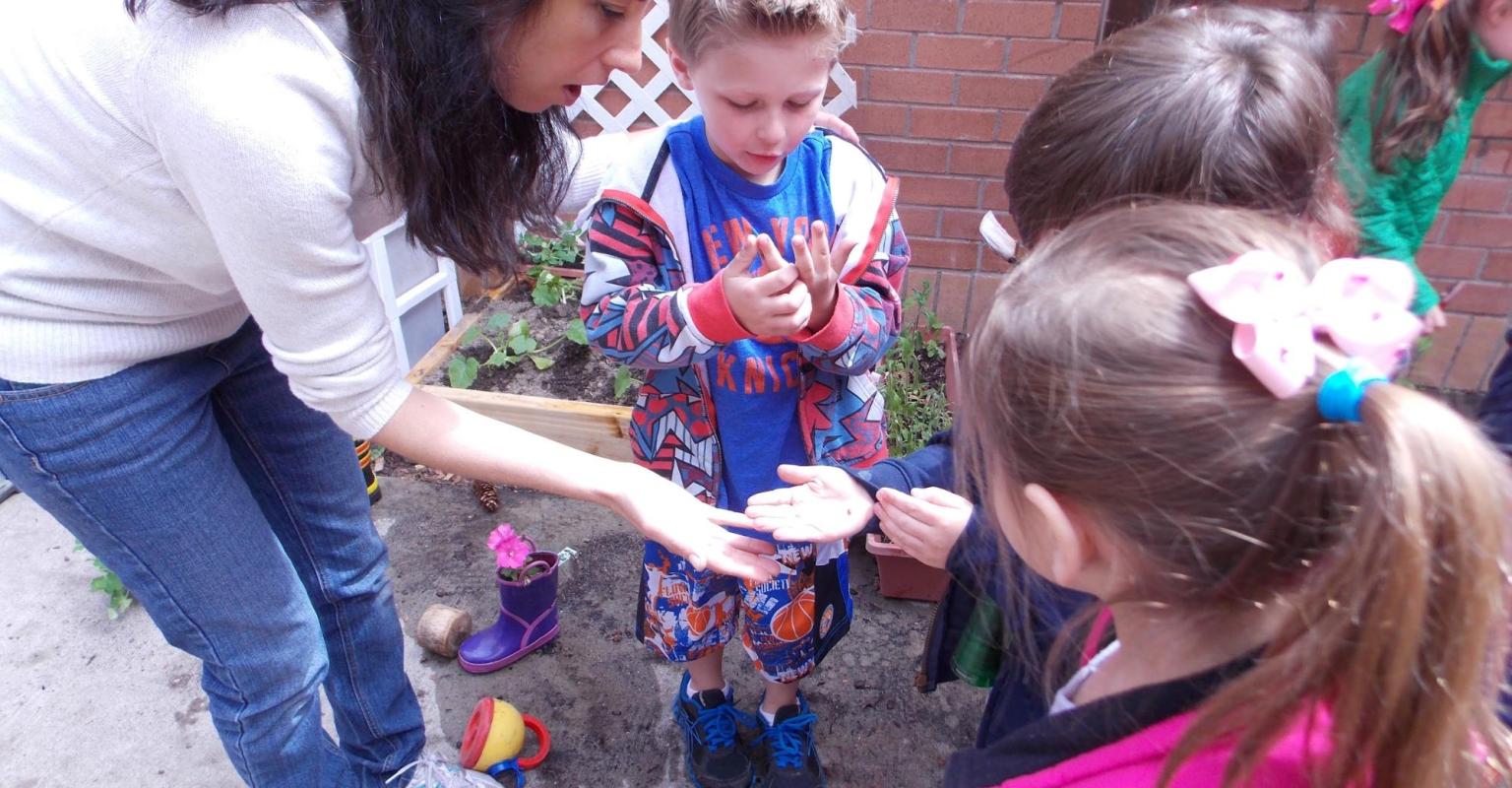Organization Name:
Temple Beth Shalom
Program Name:
Mayim
Location:
Needham, MA
Program Website:
tbsmayim.org
Grades of Participants:
Kindergarten-5th Grade
Number of Participants:
100+
Target Audience:
Members of Temple Beth Shalom
Schedule:
Monday-Thursday afternoons (3:00-6:00 pm) for grades K-5
Staff
Mayim’s staffing model includes mostly full-time educators, some of which are shared positions between Mayim and one of Temple Beth Shalom’s other program models. The program also has about 50 teen madrichimot who assist in the classes.
Goals
Facilitating Deep Learning: Children are invited to participate in constructing their own learning through authentic experiences and learner-guided projects in which they grapple with high interest and complex questions that are relevant and accessible.
Fostering Deep Relationships: Learning environments create a sense of belonging, and experiences are crafted with intentionality to build relationships among the children, families, educators, and greater Temple Beth Shalom community.
Prioritizing Child Development: Curriculum is grounded in child development and guided by Jewish tradition, inspiring learners to live Jewishly rich lives at every age, both within the Temple Beth Shalom walls and at home.
Responding to Families’ Needs: Program offerings include varied choices that reflect the diverse needs of the community, provide flexibility for families, and embrace each child as an individual with a personal learning style, needs, challenges, and opportunities.
Guiding Values:
Sacred Community
Living Torah
Rich Learning Environments
It Takes a Village
Deep Learning
Acting on Jewish Values
Family
Origin Story
Mayim was developed through a thoughtful process between 2010-2012, in partnership with Combined Jewish Philanthropies and Brandeis University. Temple Beth Shalom engaged in community needs-assessment, researched best practices in a variety of learning settings, spoke with experts and specialists, and conducted pilot projects. Leaders at Temple Beth Shalom asked themselves and their families how they wanted the children in their community to engage with Jewish life and learning. They dreamed big to create a program that would enrich the lives of their families and better meet the needs of their community.
Creating Jewish Community
Mayim’s commitment to relationship-building starts before children ever enter the building, through intentional group formation, educator matches, and the design of the learning environment. The Jewish Learning Guides include intentional community-building activities in every learning session. Beyond that, the Jewish Learning Guides are also expected to foster friendships within and outside of Mayim. They do so by noticing which children are getting along well and feeding that information back to families to encourage playdates and family connections. Families are visible within the building, through a family photo wall and family photos in the learning spaces. Small-group work encourages and deepens relationships within the curricular projects.
Building Jewish Literacy
Mayim’s thematic curriculum includes opportunities to engage with Jewish values, texts, stories, holidays, and big ideas. Some themes spiral so that older children encounter themes a second time with a more sophisticated lens.
Hebrew vocabulary is used on a regular basis to refer to objects and program elements - without English translation - to build familiarity with Hebrew terminology. Communal t’filah (prayer and song) is included in every session to build prayer literacy, foster comfort with Jewish communal prayer settings, and encourage personal spiritual growth.
Mayim’s participants celebrate Jewish holidays and follow the rhythm of Jewish time o build familiarity with the Jewish calendar.
Mayim staff send resources to families with ideas for engaging in Jewish activities at home.
Creative Values-Based Learning
As teams of educators develop their curricular plans, Mayim staff identify Jewish values that guide their yearly and daily plans. They engage in a process of “thickening” values (developed by M²), and they demonstrate and incorporate these values into their work with the children.


